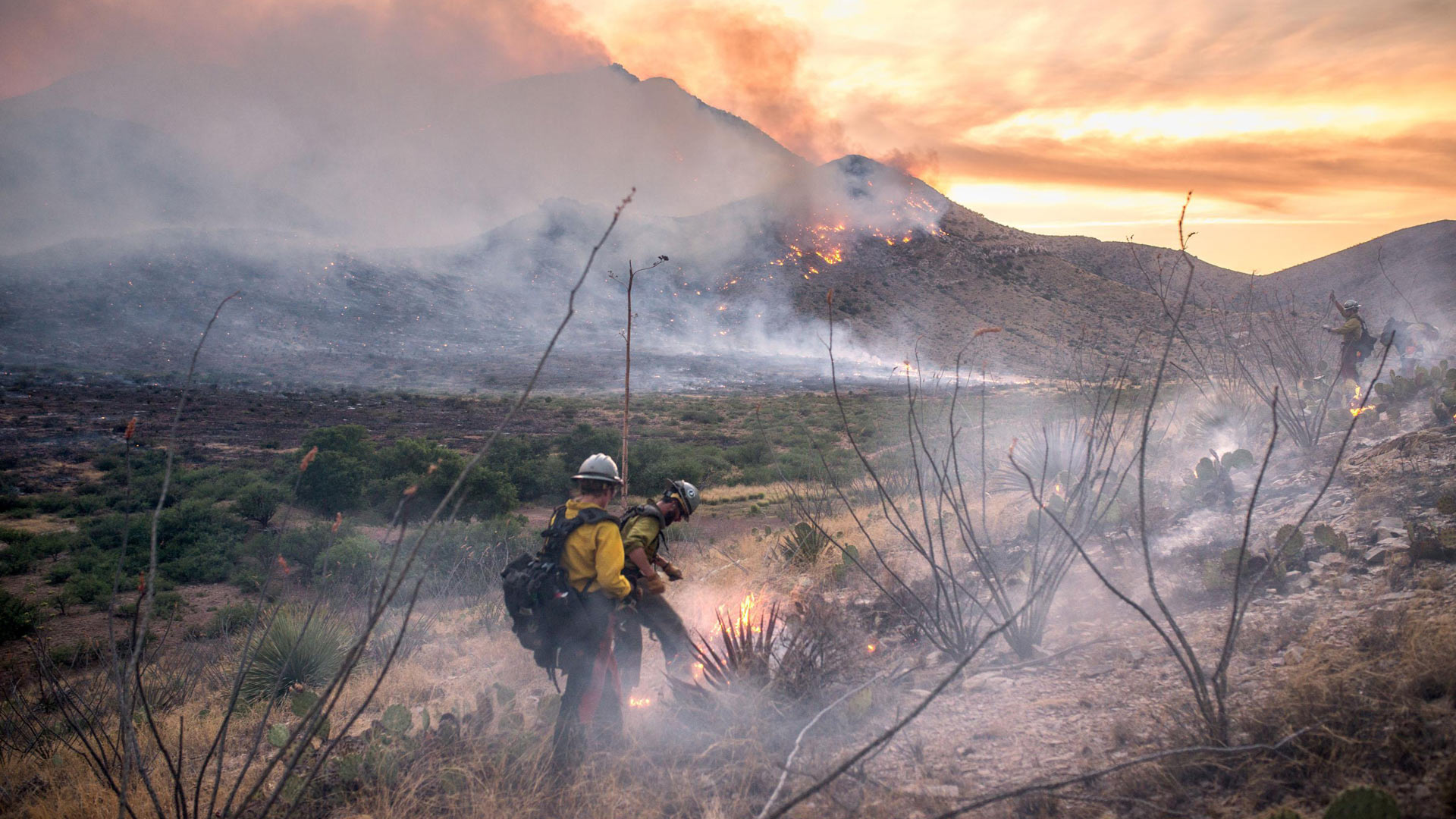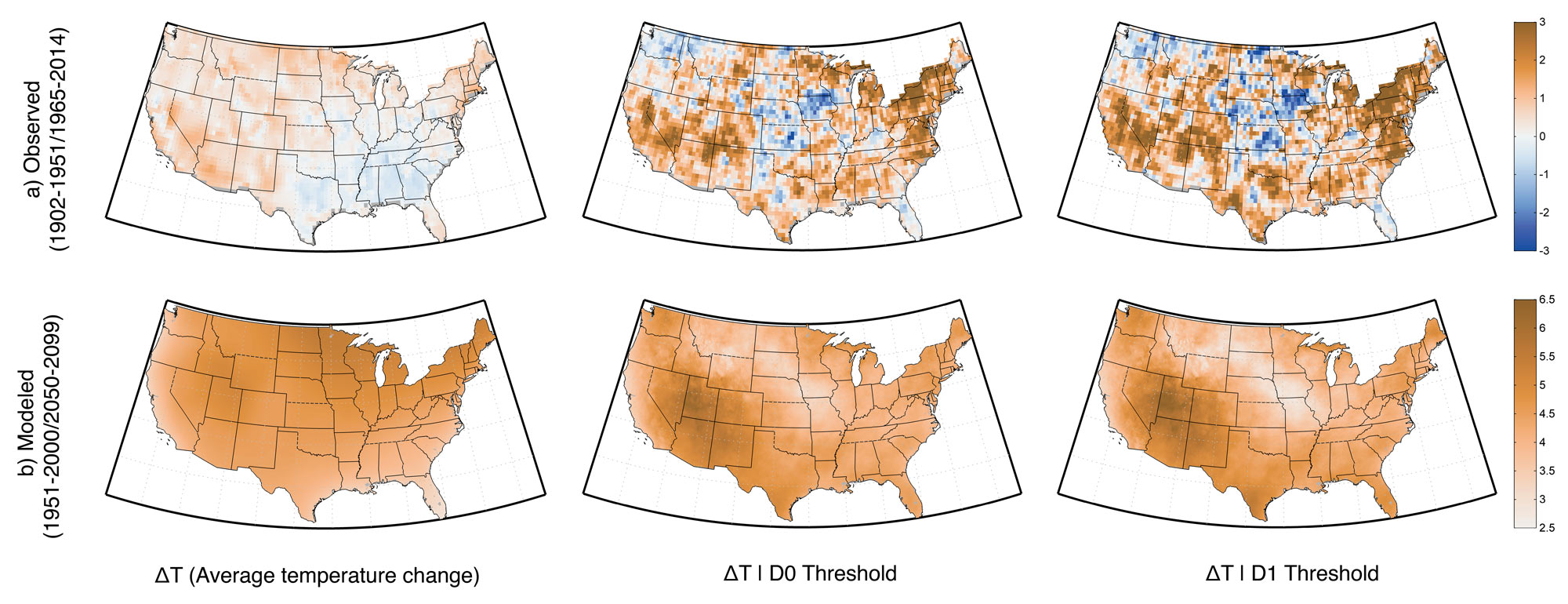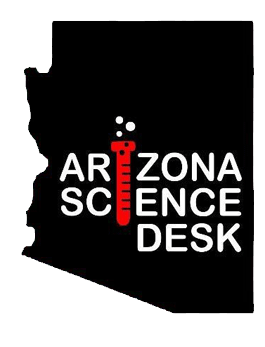 A changing climate is prolonging and intensifying heat waves, scientists say, driving wildfires.
A changing climate is prolonging and intensifying heat waves, scientists say, driving wildfires.
Arizona is in its 21st year of drought, and climate change is bringing longer, more intense heat waves.
Now, scientists at University of California, Irvine have found that many areas experiencing dry conditions are heating up faster than the rest of the country.
The study was published in the journal Science Advances.
Anyone with a swamp cooler or mister knows that evaporating water cools the air. Changing water from liquid to vapor takes energy, and heat is lost from the air as energy is absorbed.
Conversely, dry areas really feel the heat. Take, for example, research regarding the southwestern U.S.:
"We've observed a shift of approximately 0.6 degrees Celsius [1.0 Fahrenheit] between the first and the second half of the 20th century. But if you only include months classified as dry, you see that there's almost double the shift in temperature," said lead author Felicia Chiang, a graduate student researcher in civil and environmental engineering at UC Irvine.
Combining observations from the early and late 20th century with model results from the late 20th and late 21st century, the team expanded its research to incorporate the entire U.S.
 VIEW LARGER Temperature shift between early and late 20th century observations (top) and modeled late 20th and late 21st century output (bottom). Darkest browns show greatest heating. D0 and D1 represent worsening droughts.
VIEW LARGER Temperature shift between early and late 20th century observations (top) and modeled late 20th and late 21st century output (bottom). Darkest browns show greatest heating. D0 and D1 represent worsening droughts. Both observational data and climate models showed the same pattern in the southern U.S.: greater temperature shifts under dry conditions than under average climate change conditions, whether in arid Arizona or rainy Louisiana (both are included in what the study considers "southern states").
"We believe that they're likely shaped by concurrent changes in the moisture in the atmosphere," said Chiang.
The combination of stressors will likely comprise the environmental and social impacts of drought and heatwaves, driving more frequent wildfires, worsening air quality and stressing crops and livestock.
The findings also underline the potential impacts of land-use changes, and their effects on local moisture availability.
The authors recommend that societies and their institutions study these effects and work to improve the resiliency of affected systems.


By submitting your comments, you hereby give AZPM the right to post your comments and potentially use them in any other form of media operated by this institution.